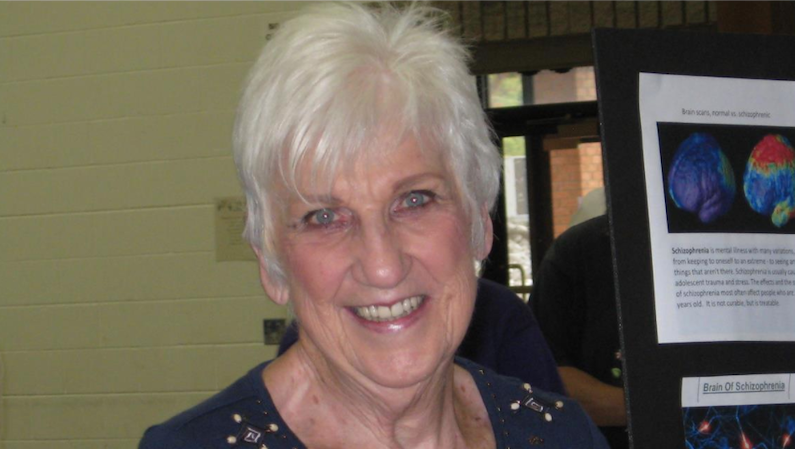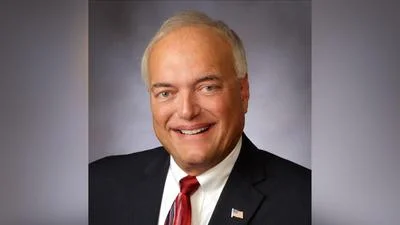Disruptions are a part of everyday life, so then, what is the big deal? Researchers refer to those routines we follow as habitual daily behaviors or "social rhythms." It seems we all have built in routines, sometimes referred to as circadian rhythms. A more scientific explanation reported is these rhythms are the natural cycle of physical, mental and behavior changes that the body goes through in a 24-hour cycle – such as sleeping and eating.
For some, maintaining a structured lifestyle has a powerful effect on bipolar stability. Bipolar is defined as a mood disorder having a depressive side and a manic side. Researchers at the University of Pittsburgh in a study led by Dr. Ellen Frank, a professor emeritus of psychology, have developed a psychotherapeutic approach to help people with bipolar: "Interpersonal and Social Rhythm Therapy" (IPSRT). This approach is thought to be effective in the treatment of major depressive disorder.
PsychCentral.com is a reliable source of information we use to pass on to our NAMI family who live with bipolar or other behavioral disorders. In an article on IPSRT written by executive director Dr. John M. Grohol, he says that when IPSRT is combined with psychiatric medications, research has shown that people can achieve gains in their targeted lifestyle routines, reduce both manic and depressive symptoms, and increase days of maintaining a consistent, regular mood. Journaling and tracking daily habits is helpful in identifying problems. (See www.bphope.com/managing-disruptions-to-daily-routines/).
The COVID 19 pandemic has been a good test for any of us concerning disruptions to our "social rhythms." Most affected may be our youth and women, researchers say.
Yes, disruptions are a part of everyday life and vary from person to person, and they can be expected. IPSRT for our bipolar clients seeks to help the individual keep or develop consistent routines and address those problems that arise that might upset their routines. This often involves a focus on building better and healthier interpersonal relationships and skills that are commonly impacted by symptoms of bipolar. Bipolar is treatable – treatment works. If you need help, reach out.
Submitted by: Dodie Melvin, Executive Director NAMI Knox Licking County Ohio
namiklcohio@embarqmail.com







